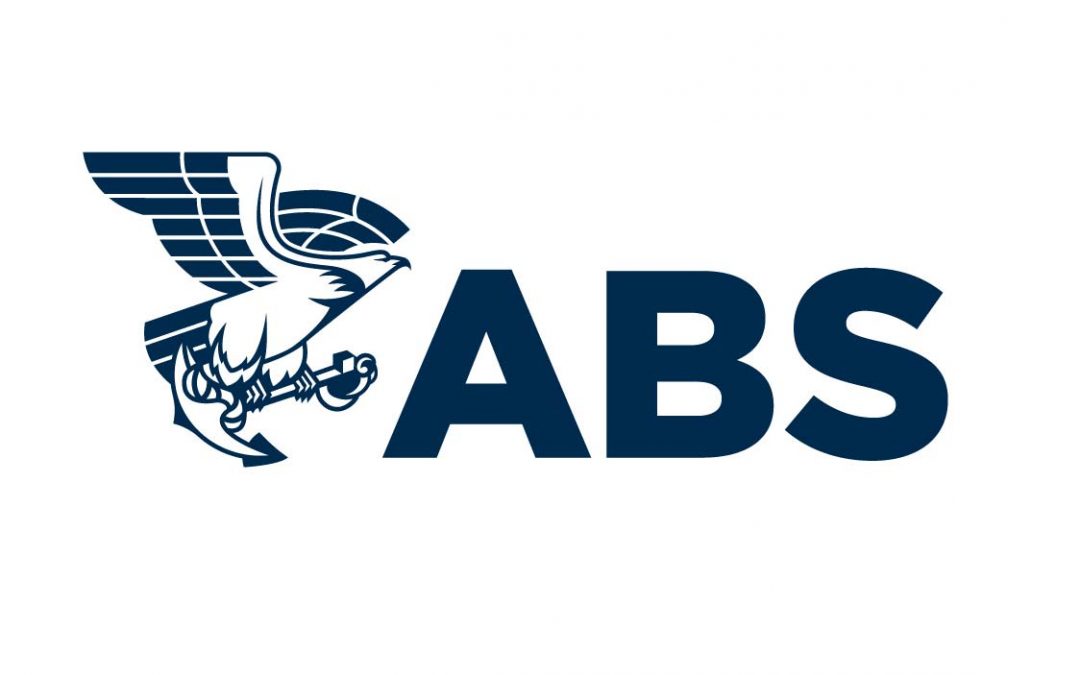In an industry first, ABS has launched an advanced service using sophisticated modeling and simulation technologies to assess the impact of a wide range of vessel decarbonization technologies at the design stage as well as simplifying EEXI and CII compliance.
The SIM-based Energy Efficiency Evaluation Service will allow both newbuild vessels and existing vessels to compare different design and operational options and evaluate the performance impact of adding new technologies.
This is just the beginning for the service, with an update due next year adding CII compliance planning, allowing time to prepare for any required retrofitting and modifications to the fleet.
“Just as simulation is being used in automotive design to decarbonize vehicles, shipping must embrace new ways of seeing things to bring forward innovation for greener vessels. At ABS we can now use advanced simulation and modeling to assess new concepts in design, engineering and operations while a vessel is in its design stages, allowing ship owners and shipyards to make more informed decisions. We believe simulation is a technology with the potential to make a significant contribution to the decarbonization of our industry, and ABS is leading the way by beginning to realize those gains today,” said Christopher J. Wiernicki, ABS Chairman, President and Chief Executive Officer.
For newbuilds at design stage, SIM-based Energy Efficiency Evaluation Service supports propulsion system design optimization, providing system level assessment of the fuel consumption of a vessel, supporting life-cycle cost analysis as well as detailed design comparison and equipment parameter optimization. For existing vessels, the service assists with evaluating the retrofitting options and operational changes to reduce fuel consumption and maintain compliance with regulations.
The launch of the service follows the announcement of a joint development project between ABS, Hudong–Zhonghua Shipbuilding and Wärtsilä using advanced multi-physics modeling and simulation to support development of a flexible, future-ready and modular concept for a multi-fuel electric Liquefied Natural Gas Carrier (LNGC) vessel.
Source: Hellenic Shipping News






